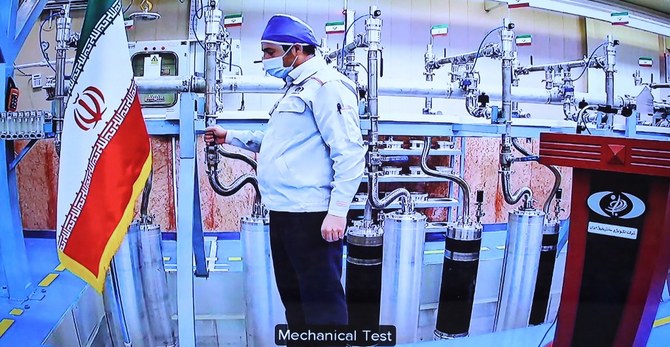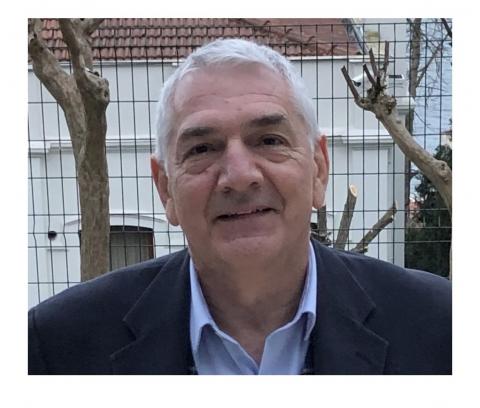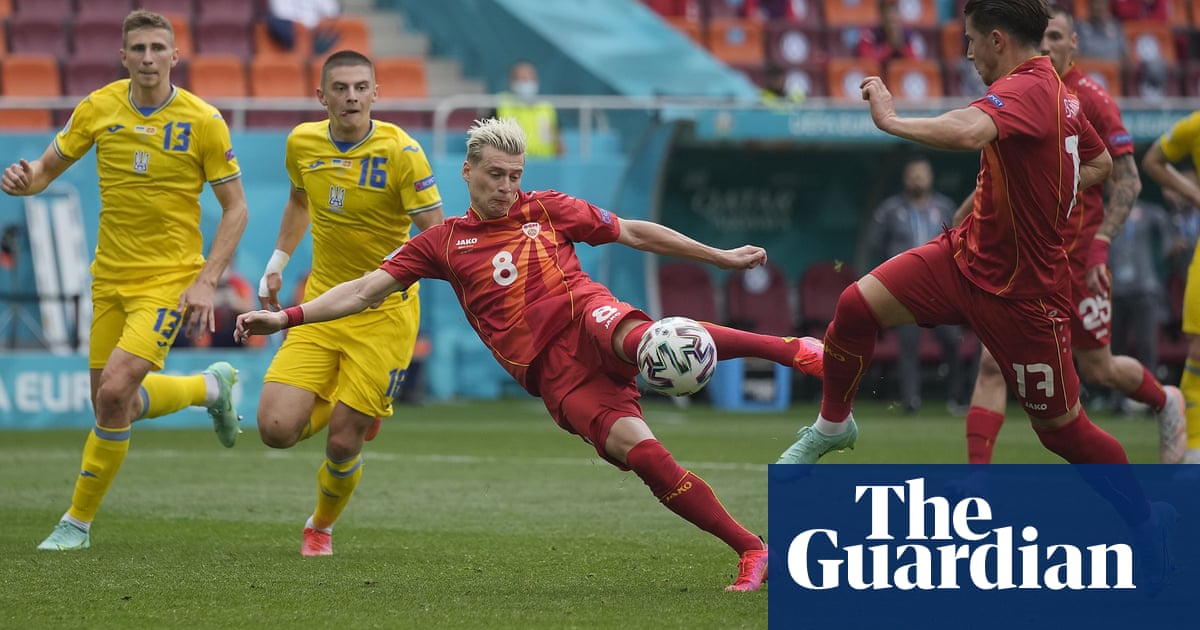
On Wednesday, the EU and the Gulf Corporation Council will hold their first ever summit meeting at the heads of state level in Brussels. It comes 36 years after the signing of the EU-GCC Cooperation Agreement and at a time when the security situation in the Middle East is as volatile and explosive as ever, threatening to engulf the entire region in further violence and destruction.
EU-GCC relations have witnessed significant progress at the institutional and higher political levels over the past two years. The EU’s strategic partnership with the Gulf region, the appointment of an EU special representative for the Gulf and the holding of the first structured security dialogue in January 2024 in Riyadh are all examples of the progress that has been made. In this context, the EU-GCC summit will be another important milestone.
At the same time, we need to ask ourselves whether the increased interaction and dialogue are actually producing the desired results of leading to shared analysis and understanding that impact developments on the ground. The evidence is scarce, to say the least, and whether or not the summit will produce anything different is highly questionable. However, tangible results are desperately needed and, without them, the perception gap between the EU and the GCC is likely to widen.
It all starts with security. For the GCC states, there can be no sustainable path forward on wider regional economic development unless the perennial security issues that persist are effectively tackled. This includes, at this very moment, the ongoing crisis in Gaza, the threat of a regional war between Iran and Israel, maritime security, nuclear proliferation and the threat of extremism, coupled with the role of violent non-state actors.
Tangible results are desperately needed and, without them, the perception gap between the EU and the GCC is likely to widen
Dr. Abdulaziz Sager
For their part, the GCC states have spearheaded diplomatic initiatives, fostered economic partnerships and played a role in mediating conflicts, all while attempting to better leverage their influence on shaping the political and security dynamics of the broader Middle East. Examples include mending rifts within the GCC, dialing down the conflict in Yemen, opening channels of communication with Iran and facilitating prisoner exchanges between Russia and Ukraine. The overall relevance of the GCC agency in this regard is only beginning to be understood within European policy circles.
European responses to the crises mentioned above have, in the meantime, left the GCC states perplexed. The Oct. 7, 2023, Hamas attacks on Israel, followed by the carnage perpetrated on Palestinians by Israel ever since, have highlighted as clearly as ever that violence in the Middle East will not stop until a just solution to the Palestinian issue is found. However, on this key issue, the GCC states do not see Europe as acting coherently or willingly pursuing a resolution with an adequately robust foreign policy. Instead, when compared to the EU response to the Russian aggression on Ukraine, Europe is seen as acting on a double standard, carving out its own view of human rights, humanitarian law and justice. The result is severe damage to European credibility that stretches even to the younger population in the Gulf.
Unless Europe is ready to adopt a more balanced and substantive course of action when it comes to the Palestinian issue, the damage cannot be reversed. The recently announced joint effort between some European states and the Saud-led Middle East contact group for a political solution to the Palestinian issue is certainly a welcome step. But more concrete steps are needed, including European-wide recognition of the state of Palestine and clear European support for efforts undertaken by the International Court of Justice and International Criminal Court to set the legal precedents for the way forward. Overall, while the GCC states stand ready to use all the tools at their disposal to calm tension, including sending those messages to Iran, Europe needs to be seen as undertaking a similar effort when it comes to Iran.
The GCC states do not see Europe as acting coherently or willingly pursuing a resolution with an adequately robust foreign policy
Dr. Abdulaziz Sager
Outside the crisis in Gaza, greater attention also needs to be given to the issue of maritime security in light of the threat that being posed to global commerce and freedom of navigation. While the European Aspides naval mission in the Red Sea was welcomed in the Gulf, the mission itself is not seen as comprehensive enough to tackle the problem at hand. Expansion of the mission, coordinated efforts at downgrading the capabilities of the Houthis, including the interdiction of weapons shipments, plus cooperation with GCC navies, should be taken into consideration. Maritime security is an area where the EU should be making a more direct security contribution given the impact it has on supply chains and the economic consequences for Europe proper.
Finally, it is high time that the wider instability in North Africa and the Levant be seen by the GCC states and the EU as a critical joint project for the near future, as continued state decay and widening economic and social cleavages there represent continued threats in the “shared neighborhood” for both regions. A wider Marshall Plan-style approach to the countries of North Africa and the Levant, combining institutional reform, the strengthening of states and a focus on practices of good governance, is required in order to stop the downward spiral currently taking place.
There are many other areas that require stronger and more coordinated action by the EU and the GCC. The upcoming EU-GCC summit will not only be an opportunity to pave the way for real security coordination, but also to continue the work being done on the economic, energy and people-to-people fronts.
The GCC countries are adapting to a rapidly changing environment, focusing on enhancing their strategic autonomy while navigating regional and international challenges. Their outlook will be shaped by how well they manage these drivers and capitalize on emerging opportunities in a region that remains volatile yet full of potential. For the moment, the GCC states still firmly believe that the EU countries can and should play a more active role in advancing solutions to regional crises, given the diplomatic and foreign policy tools at their disposal. Failure to do so will prove to be consequential, to say the least.
Dr. Abdulaziz Sager is Chairman of the Gulf Research Center.












